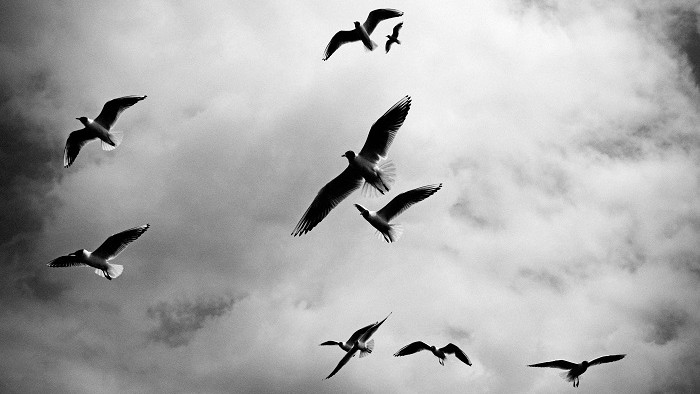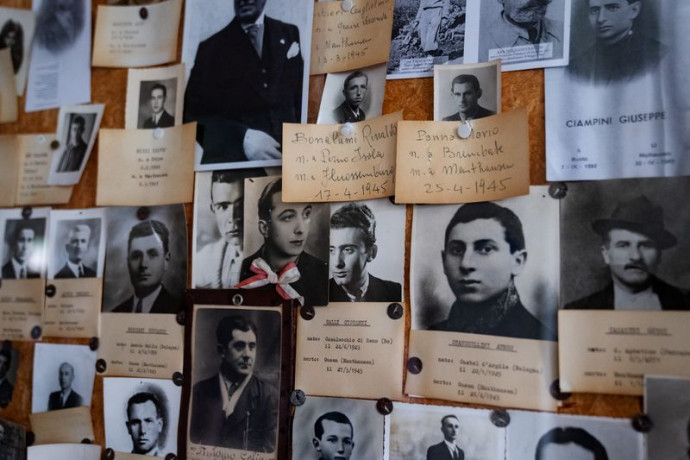ITINERARY. Word
Essential raw material for articulating thought, recording experience, and memory. The word, the words, are also at the very center of debate, of civic discussion, and therefore it is quite normal for the Biennial to feature a good number of participants who primarily work with verbal language. Authoritative voices from writing, communication, and even linguistics, for an event that aims for words to remain and often become an invitation not only to thought but also to action.
For all these reasons, one might consider that within the programming there is something akin to a literature festival. This is demonstrated by the participation of a generous number of names, both in quantity and in relevance. A Nobel Prize winner is in charge of the unofficial inauguration: Herta Müller, who received the highest literary award in 2009, will be at the event titled Liberating voices, where we will get closer to her universe, where the memory of the dictatorships of the eastern continent, intertwined with her personal narrative, serves as a basis to reflect on the European project today.
Wajdi Mouawad is another name that alone generates great expectation. The author, always close to the world of theater, will converse with Oriol Broggi and Laura Serra in a session titled Flying with broken wings, in which they will surely address, as in his work, issues that refer to universal conflicts, collective and at the same time intimate events.
Worn clothes and stolen truths is the title of the meeting with Zadie Smith. The visit of the British writer is motivated by the release of her latest novel, The Fraud (Salamandra, 2024), a narrative about social controversies in Victorian London, which is ideal for reflecting on the lies and hypocrisy that sustain a social hierarchy that favors the already privileged. Perhaps less famous than Smith, but with high prestige, Gueorgui Gospodínov stars in Control over the tast, control over the future. Based on his novel Time Shelter—winner of the International Booker Prize—he will gift us sharp reflections on the dangers of those who use nostalgia as the mainstay of historical memory, among other questions related to his work.
Icelandic author Auður Ava Ólafsdóttir includes in her latest novel Eden (Club Editor, 2024) a warning about the danger facing minority languages, comparing it to the extinction of natural resources. She will develop this in 5,600 trees to saveguard language. And detached from the perspective of a specific author, the same underlying theme will be explored in The reality and politics of languages, an approach to the challenges posed by linguistic minoritization processes, without shying away from the Catalan case at all.
Two more activities to close this itinerary, perhaps with less capacity to engage broad audiences but more singular. One is Verses for collective mourning, which links illnesses that generate social misunderstanding with the need to find words and texts that unite a community around suffering or loss. Dagmawi Woubshet, professor of African and queer studies, will likely lead it towards the HIV/AIDS crisis; Ava Klein Fortuny, towards tuberculosis. The premiere of a proposal that, if not opposing the word, at least seeks to recontextualize it is also quite unusual: Dancing Philosophy is a “performative lecture” by Anthony Moore and Siegfried Zielinski, a celebration of noise, rhythm, melody, and the visual as also valid elements for conveying thought and ideas. You have never attended a philosophy masterclass like this.
And in +Biennial…
A star name from Russian literature summons us to the Teatre Lliure in Montjuïc. In situ: Josep Maria Esquirol on the stage of La Gavina ("The Seagull") gives Esquirol the opportunity to connect the philosophy he seeks to articulate with references and passages from one of Chekhov's key works. And for us to enjoy it.





